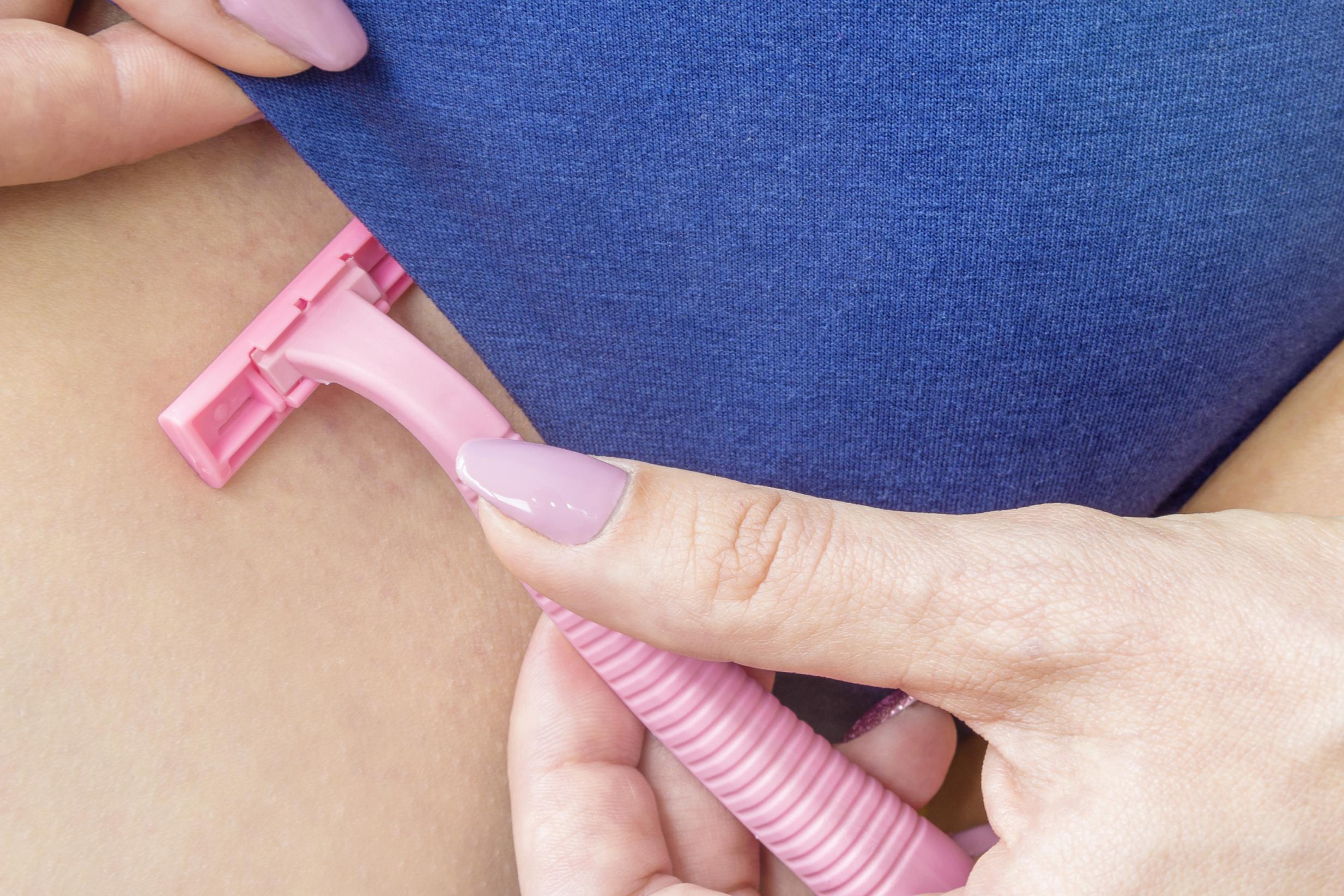Why you should never shave your bikini line, according to a gynaecologist
It can lead to a whole host of health problems

Your support helps us to tell the story
From reproductive rights to climate change to Big Tech, The Independent is on the ground when the story is developing. Whether it's investigating the financials of Elon Musk's pro-Trump PAC or producing our latest documentary, 'The A Word', which shines a light on the American women fighting for reproductive rights, we know how important it is to parse out the facts from the messaging.
At such a critical moment in US history, we need reporters on the ground. Your donation allows us to keep sending journalists to speak to both sides of the story.
The Independent is trusted by Americans across the entire political spectrum. And unlike many other quality news outlets, we choose not to lock Americans out of our reporting and analysis with paywalls. We believe quality journalism should be available to everyone, paid for by those who can afford it.
Your support makes all the difference.Bikini season is well and truly upon us: cue the perennial debate surrounding pubic hair removal.
While some women choose to abstain altogether from the practice, research shows that the majority (87 per cent) engage in pubic hair maintenance, which naturally becomes more prevalent in summer thanks to swimwear-induced fears of “peeking out” of your bikini.
However, with 60 per cent of women experiencing at least one health complication as a direct result of pubic hair removal, experts warn that there can be adverse consequences to the practice, with shaving singled out as the worst offender.
Speaking to The Independent, Dr Vanessa Mackay, consultant obstetrician and gynaecologist for the Royal College of Obstetricians and Gynaecologists, explained that pubic hair in the vaginal area can be fundamental to maintaining good feminine hygiene.
“Pubic hair offers a natural barrier to keep things clean, to decrease contact with viruses and bacteria, and to protect the tender skin of vulva,” she says.
“While protecting against diseases and skin problems, pubic hair also prevents foreign particles like dust and pathogenic bacteria from entering the body and helps to control the moisture of the area which lowers the chances of yeast infections.”
Removing pubic hair - via shaving or waxing - can irritate and inflame the hair follicles left behind, she adds, which can leave microscopic open wounds.
“When that irritation is combined with the warm, moist environment of the genitals, it becomes a happy culture medium for bacterial pathogens which can cause diseases.”
Having pubic hair on the genital region also helps to minimise skin-on-skin contact with someone who may already have an STI and therefore will help to prevent contraction.
Shaving can be particularly detrimental because it puts women at a higher risk of contracting venereal disease, like genital warts, Mackay continues.
It can also lead to a series of uncomfortable minor injuries, such as razor burns, redness, blisters and itching.
Some women may choose to wax their pubic hair, as this can reduce overall hair growth overtime, whereas it's often disputed that shaving may promote the speed and thickness of growth.
However, even this technique is not immune from issues, as both methods can lead to ingrown hairs: when hairs grow out of the skin only to curl back and re-enter, manifesting in a small bump.
While most ingrown hairs are harmless and will disappear on their own, the NHS advises avoiding squeezing them out on your own as this may cause skin damage and/or infection, some can be extremely painful and become infected or inflamed.
This is known as folliculitis and in most cases, it will clear up on its own.
In severe cases, your GP may provide antibiotics to treat the condition.
Join our commenting forum
Join thought-provoking conversations, follow other Independent readers and see their replies
Comments